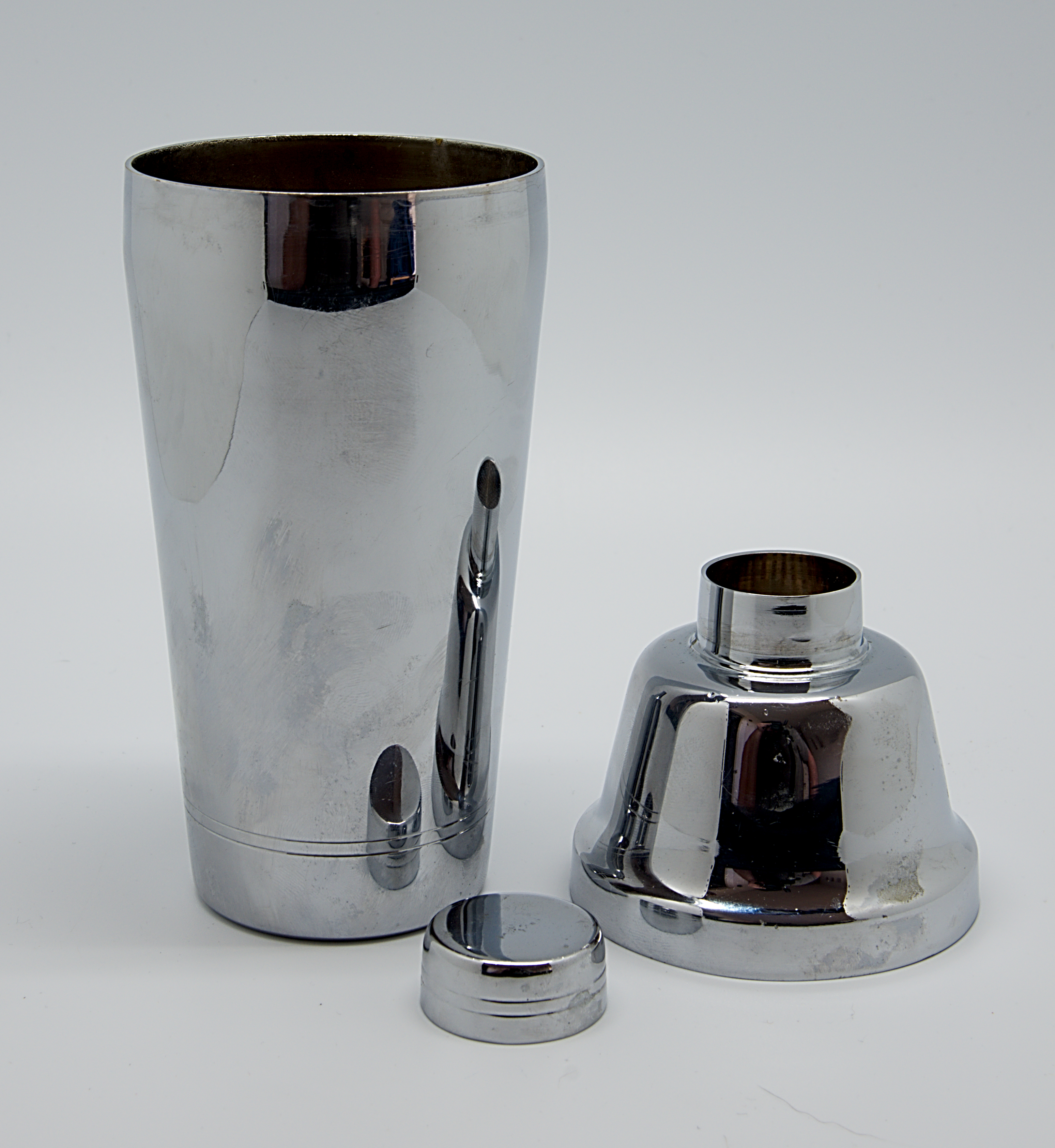Mixology 101
- An Introduction to Mixology
- Mastering Classic Cocktails
- Advanced Techniques and Recipes
Advanced Techniques and Recipes
Shaken vs Stirred: Techniques and When to Use Them

Device used to mix alcoholic beverages.
In the world of mixology, the techniques of shaking and stirring are fundamental. They may seem simple, but understanding when and why to use each method can significantly impact the quality of your cocktails. This article will delve into the differences between shaking and stirring, the science behind these techniques, and how to choose the right method for each cocktail.
Understanding the Difference Between Shaking and Stirring
Shaking and stirring are both methods used to mix the ingredients of a cocktail, chill the drink, and dilute the spirits. However, they each have unique effects on the final product.
Shaking is a vigorous method that not only mixes and chills the drink but also introduces air, water, and ice chips into the mix. This results in a cocktail that is frothy and cloudy, with a rich texture and a well-integrated flavor.
Stirring, on the other hand, is a gentle method that carefully combines the ingredients while preserving the clarity of the spirits. Stirred cocktails are clear, smooth, and often considered more elegant than their shaken counterparts.
The Science Behind Dilution and Chilling
When you shake or stir a cocktail, you're doing more than just mixing the ingredients. You're also diluting the spirits with water from the melting ice, and you're chilling the drink.
Dilution is crucial because it helps to soften the harshness of the alcohol, making the cocktail more enjoyable to drink. It also helps to open up the flavors of the spirits, much like adding a splash of water to a glass of whiskey.
Chilling is equally important because it makes the cocktail more refreshing and helps to balance the flavors. It also slows down the rate of melting ice, which can prevent the cocktail from becoming too diluted over time.
Choosing the Right Technique for Each Cocktail
So, when should you shake a cocktail, and when should you stir it? Here are some general guidelines:
-
Shake cocktails that contain citrus juice, cream, egg, or any other opaque ingredients. The vigorous action of shaking helps to fully incorporate these ingredients and create a frothy texture.
-
Stir cocktails that are made entirely of spirits or very light mixers. Stirring helps to preserve the clarity and smoothness of these drinks.
However, these are just guidelines, and there are always exceptions to the rule. The most important thing is to taste your cocktails and adjust your technique as needed. With practice, you'll develop a sense for when to shake and when to stir, and you'll be well on your way to mastering the art of mixology.